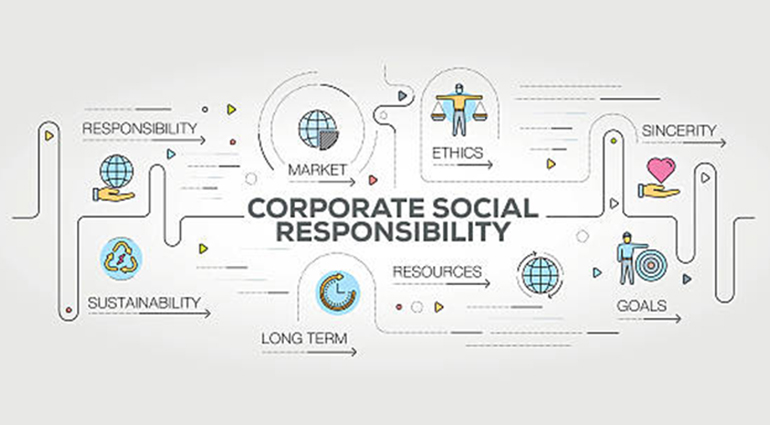
Road Safety as a Mandatory CSR for Corporates
- By Admin
- 28-08-2023

In today's fast-paced world, getting to work on time has become an
unavoidable task. Many employees engage in risky driving behaviors such as
speeding, crossing stop signs, multitasking while driving, and driving while on
the phone, among others.
Increased dangerous driving habits endangers not only the motorist but
also the inhabitants in his or her vicinity.
Road traffic collisions are the top cause of death among young people
worldwide, and the leading cause of death among those aged 15–29.
Road safety issues have a direct impact on the expansion of
multinational and major national firms in a variety of industries. Transportation
of goods, raw materials, and products, as well as furnishing items to market
and assuring employee attendance, are all dependent on safe and effective
transportation.
CSR is a self-regulatory business model that allows a firm to be
socially accountable to itself, its stakeholders, and the general public.
Companies can be aware of their impact on all parts of society, including
economic, social, and environmental, by exercising corporate social
responsibility, also known as corporate citizenship.
CSR refers to a company's decision to operate in ways that benefit
society and the environment rather than harming them in the usual course of
business.
Corporate entities have three options for implementing road safety
measures:
1. Employee-targeted safety measures: initiatives that are specifically
designed for the business personnel.
2. Corporate-level safety measures: Programmes that are implemented on a
larger scale and have a societal impact.
3. Third-party safety measures: Programmes aimed at third parties who
work with the company in the transportation of goods/materials or company
workers.
The initiatives and the roadmap for corporate organisations in great
depth. Because of the gravity of the situation, businesses must make steps to
educate their employees and develop rules that promote road safety.




